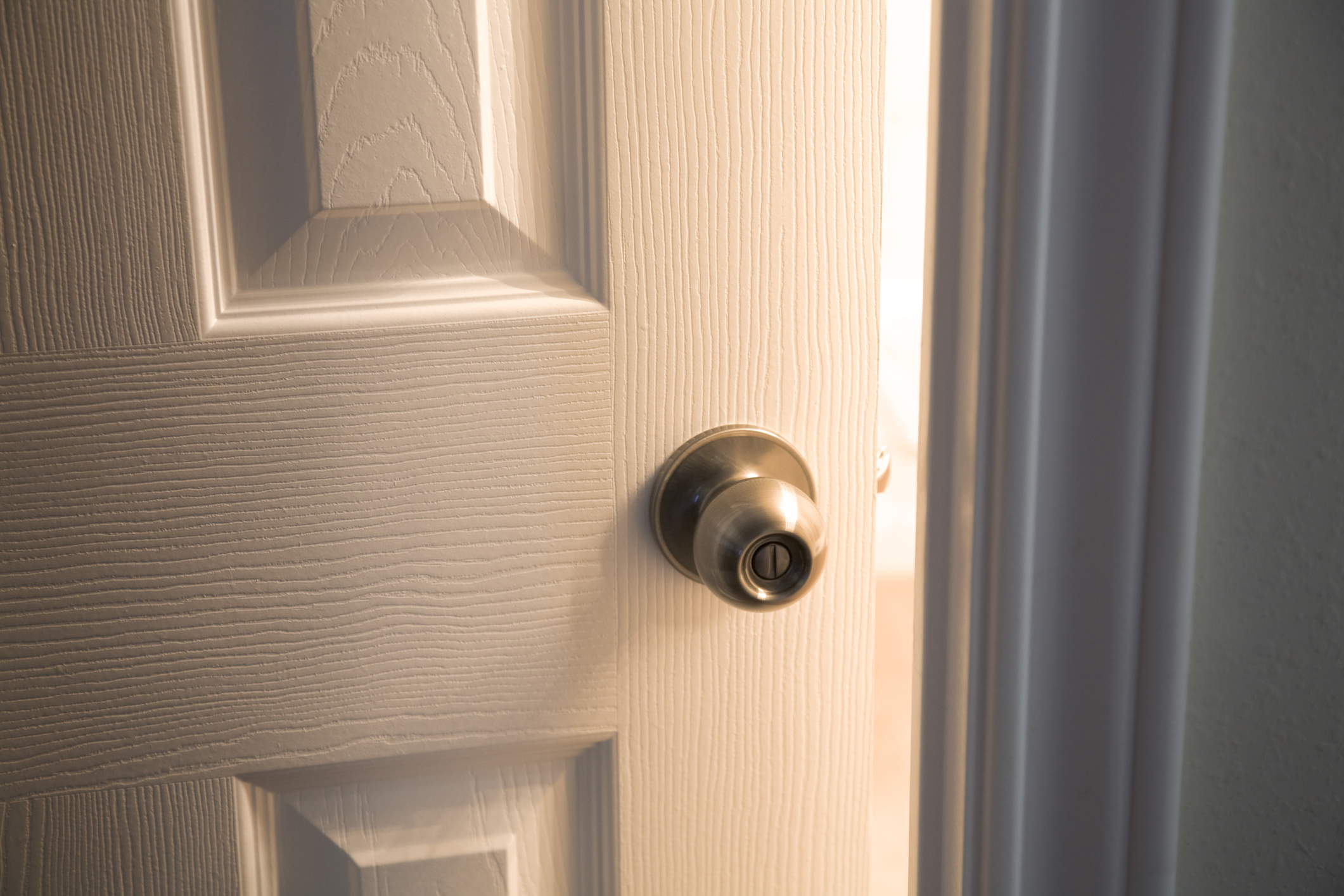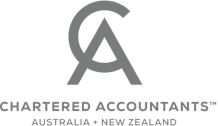Expert Knowledge You Can Trust
Top 10 tips to help rental property owners avoid common tax mistakes
9 out of 10 Individual tax returns reviewed by the ATO with a rental property had mistakes. Here are the top 10 areas for confusion. Click here to download a fact sheet for in depth information about each area.
1. Apportioning expenses and income for co-owned properties
If you own a rental property with someone else, you must declare rental income and claim expenses according to your legal ownership of the property. As joint tenants your legal interest will be an equal split, and as tenants in common you may have different ownership interests.
2. Make sure your property is genuinely available to rent
Your property must be genuinely available for rent to claim a tax deduction. This means you must be able to show a clear intention to rent the property. Advertising the property so that someone is likely to rent it and set the rent in line with similar properties in the area. Avoiding unreasonable rental conditions.
3. Getting initial repairs and capital improvement right
Ongoing repairs that relate directly to wear and tear or other damage that happened as a result of you renting out the property can be claimed in full in the same year you incurred the expense. For example, repairing the hot water system or part of a damaged roof can be deducted immediately. Initial repairs for damage that existed when the property was purchased, such as replacing broken light fittings and repairing damaged floor boards are not immediately deductible. Instead these costs are used to work out your capital gain or capital loss when you sell the property. Replacing an entire structure like a roof when only part of it is damaged or renovating a bathroom is classified as an improvement and not immediately deductible. These are building costs which you can claim at 2.5% each year for 40 years from the date of completion. If you completely replace a damaged item that is detachable from the house and it costs more than $300 (e.g. replacing the entire hot water system) the cost must be depreciated over a number of years.
4. Claiming borrowing expenses
If your borrowing expenses are over $100, the deduction is spread over five years. If they are $100 or less, you can claim the full amount in the same income year you incurred the expense. Borrowing expenses include loan establishment fees, title search fees and costs of preparing and filing mortgage documents.
5. Claiming purchase costs
You can’t claim any deductions for the costs of buying your property. These include conveyancing fees and stamp duty (for properties outside the ACT). If you sell your property, these costs are then used when working out whether you need to pay capital gains tax.
6. Claiming interest on your loan
You can claim interest as a deduction if you take out a loan for your rental property. If you use some of the loan money for personal use such as buying a boat or going on a holiday, you can’t claim the interest on that part of the loan. You can only claim the part of the interest that relates to the rental property.
7. Claiming construction costs right
You can claim certain building costs, including extensions, alterations and structural improvements as capital works deductions. As a general rule, you can claim a capital works deduction at 2.5% of the construction cost for 40 years from the date the construction was completed. Where your property was owned by someone else previously, and they claimed capital works deductions, ask them to provide you with the details so you can correctly calculate the deduction you’re entitled to claim. If you can’t obtain those details from the previous owner, you can use the services of a qualified professional who can estimate previous construction costs.
8. Claiming the right portion of your expenses
If your rental property is rented out to family or friends below market rate, you can only claim a deduction for that period up to the amount of rent you received. You can’t claim deductions when your family or friends stay free of charge, or for periods of personal use.
9. Keeping the right records
You must have evidence of your income and expenses so you can claim everything you are entitled to. Capital gains tax may apply when you sell your rental property. So, keep records over the period you own the property and for five years from the date you sell the property.
10. Getting your capital gains right when selling
When you sell your rental property, you may make either a capital gain or a capital loss. Generally, this is the difference between what it cost you to buy and improve the property, and what you receive when you sell it. Your costs must not include amounts already claimed as a deduction against rental income earned from the property, including depreciation and capital works. If you make a capital gain, you will need to include the gain in your tax return for that income year. If you make a capital loss, you can carry the loss forward and deduct it from capital gains in later years.








